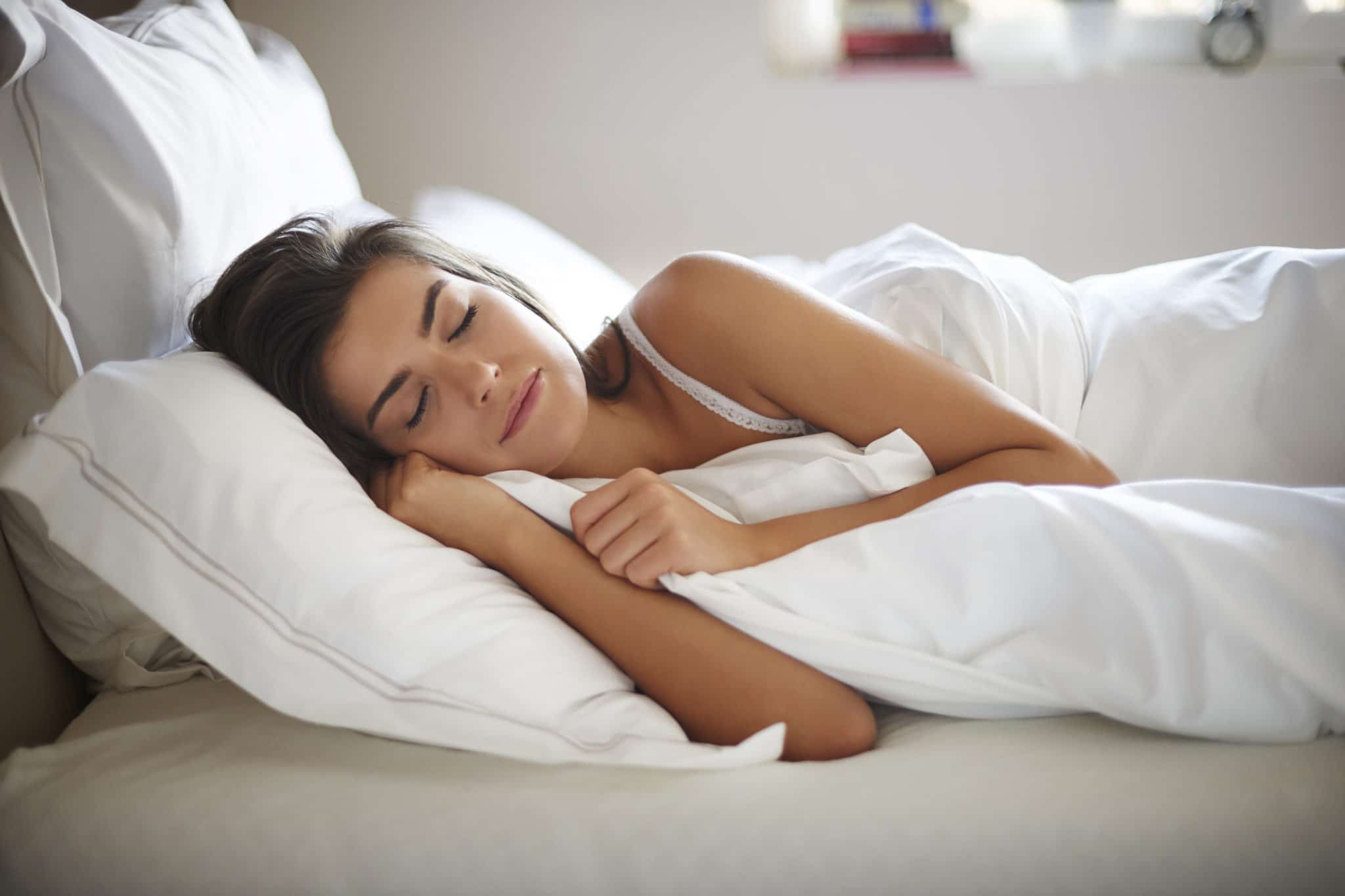This Friday the 16th of March is World Sleep Day, an annual event designed to celebrate sleep – and all of the amazing things that sleep can help with. It also helps to raise awareness and promote action on issues relating to sleep, including medication, education, and social issues.
The event is promoted by the World Sleep Society, which is founded by the World Association of Sleep Medicine (WASM) and World Sleep Federation (WSF). The fundamental goal and overall mission of the World Sleep Society is “to advance sleep health worldwide”.
So why is sleep so important?
Is sleep good for your health?
According to the NHS, one in three of us suffer with poor sleep. This can be attributed to many things, from stress and technology to chronic pain.
Sleep can do an incredible amount of good for your health and wellbeing. Not only can it benefit your internal organs, including your heart, it can help you maintain a healthy weight, promote positive mental health, and generally contribute to a healthy lifestyle.
“Many things that we take for granted are affected by sleep,” says Raymonde Jean, MD, director of sleep medicine and associate director of critical care at St. Luke’s-Roosevelt Hospital Center in New York City. “If you sleep better, you can certainly live better. It’s pretty clear.”
This even extends as far as potentially helping you to not get ill in the first place. Although sleeping won’t make you immune from diseases, studies have shown that there are connections between consistent lack of sleep and serious health issues – including heart attacks and diabetes. There are even connections between regular poor sleep and a shortened life expectancy.
Sleep and the flu
When people typically feel that they get ill regularly, such as getting every cold, flu, or tummy bug that’s doing the rounds, it may be that this can be attributed to a bad sleep pattern. This is because prolonged periods of bad sleep can disrupt your immune system, meaning that it is less able to protect you from bugs and viruses. With regards to the flu specifically, there have even been studies that show a lack of sleep can make the flu vaccine less effective.
Deep sleep, which typically happens 35 to 45 minutes after you fall asleep, is the time when your body and immune system regroups itself and repairs. During this time, the body can produce a type of T-cells that are responsible for a variety of immune responses, which include recognising and killing virus-infected cells. At the same time, your immune system releases cytokines, these are proteins which the body uses when people have an infection or inflammation. A lack of sleep, or prolonged periods of disrupted sleep, can mean that this deep sleep time doesn’t occur – decreasing the production of these cells and proteins, and weakening the immune system.
If you’re suffering from a cold or flu, and are therefore struggling to get a good night’s sleep, then there are some things that you can do to help. Do what you can to create a comfortable atmosphere, such as keeping the room cool, and using a vaporiser or dehumidifier.
You can also adapt the way you sleep. “Sleeping on your side is always useful, more useful than sleeping on your back,” says Dr Irshaad Ebrahim, medical director of The London Sleep Centre. “When you sleep on your back, your air passages have a tendency to collapse, and if you are already congested they can make it worse.”
If you’re interested in helping us to find a way to stop symptoms of the cold and flu viruses for good, consider taking part in one of our clinical trials. Find out more information about our trials, or get in touch if you have any questions.


